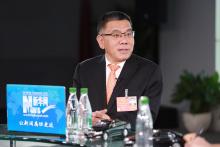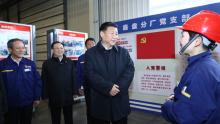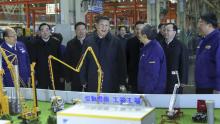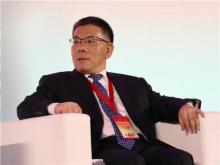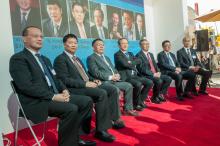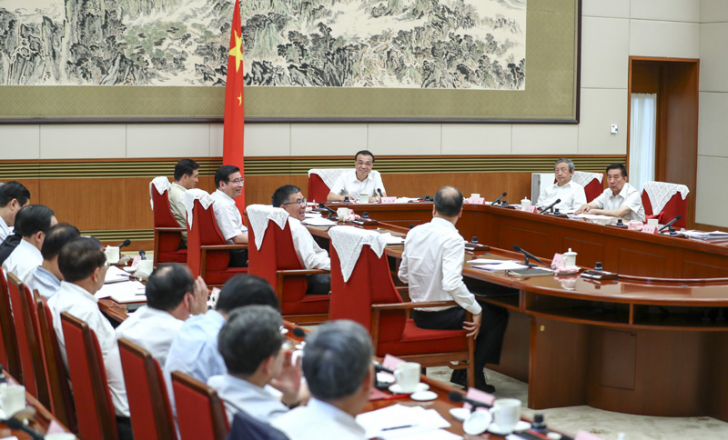
LiuGong chairman Guang’an was invited as one of three corporate leaders to speak and the conversation lasted nearly 30 minutes. Zeng briefly introduced the Chinese CE industry and the development of LiuGong, and followed with five suggestions on how to transform and upgrade Chinese manufacturing. Those suggestions included improving the companies’ international competitiveness; supporting the technical innovation and intelligent manufacturing; enhancing the management from the industry associations and guiding the orderness of industry competitions; building a sustainable manufacturing workforce including company managers with global insights, world-class R & D teams and artisans; and moderately decreasing manufacturing costs, such as taxes, logistics and financing costs.
"Manufacturing is the foundation of economic development," Li said. "China’s economic transformation and new industrialization rely on a strong manufacturing sector."
“But Chinese manufacturers as a whole are still at the mid- and low-end of international division of labor, they are big but not always strong,” Li said.
The country should briskly push forward its "Made in China 2025" strategy to bring the manufacturing to a new level, with measures to eliminate outdated capacity and techniques and step up shifts of economic engines, Li said.
Manufacturers should foster new advantages of high quality and applicability of their products and wean-off the reliance on cheap costs, which will help more domestic brands become well-known around the globe, according to Li.
Highlighting innovation in management systems, Li asked companies to use Internet and big data technologies to reorganise their research and development, production and business patterns.
"Customised production should be promoted to meet diverse market demand," Li said.

